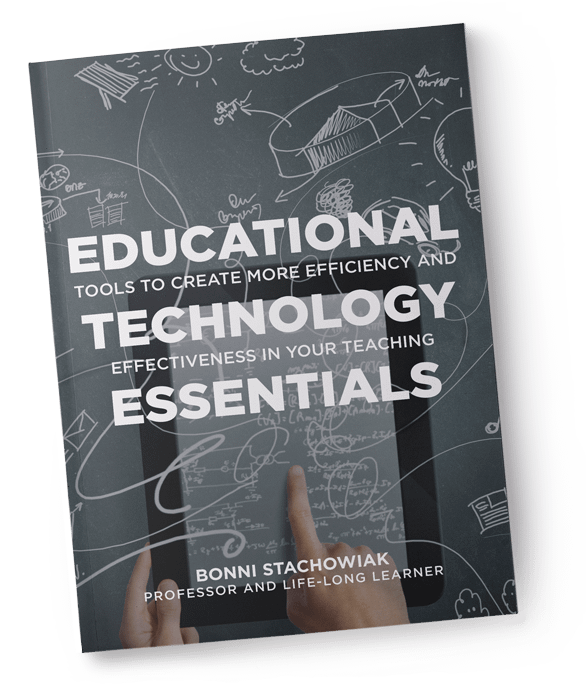Podcast (tihe_podcast):
Play in new window | Download | Transcript
Subscribe: Apple Podcasts | Spotify | RSS | How do I listen to a podcast?
Welcome to this episode of Teaching in Higher Ed. This is the space where we explore the art and science of being more effective at facilitating learning. We also share ways to increase our personal productivity approaches, so we can have more peace in our lives and be even more present for our students.
Quotes
n/a




Rubrics might be fine for some subjects but not most. It is highly subjective regardless of how people want to believe that it is not. The only way you can get a true fair grading system is to have requirements that are clearly stated and given a value. If the requirement is present, the student will then get the points associated with that requirement. I have a class where I must grade using a rubric. It is a meaningless assessment of the student’s skills. What does “Meets”, “Mostly meets”, “Somewhat meets” and “Does not meet” really mean??? The answer is “Anything that floats through my brain at that given time”. Then I won’t even go into the “Quality” really means. Most of the time I apply simple statistics if there are multiple items in the answer. But this falls apart if the answer is conceptual.
“Grading” needs to look more like how an employer would view the work. Sure, an employer might say that the work is good enough, great, or unacceptable. Typically, it is all the requirements are met or it is unacceptable. Since so many are still fixated on grades it is better to give a point for each requirement. If a requirement is present, students get a point. Add the points and that is your grade.
I’ve changed my mind on rubrics many times over the years. My approach today is more reflective of what you wrote here, Sierra. Thank you! For anyone who may be reading these comments, one place to look for more is the book Grading for Growth, by Robert Talbert and David Clark. One grading strategy they describe is similar to what Sierra talks about here…